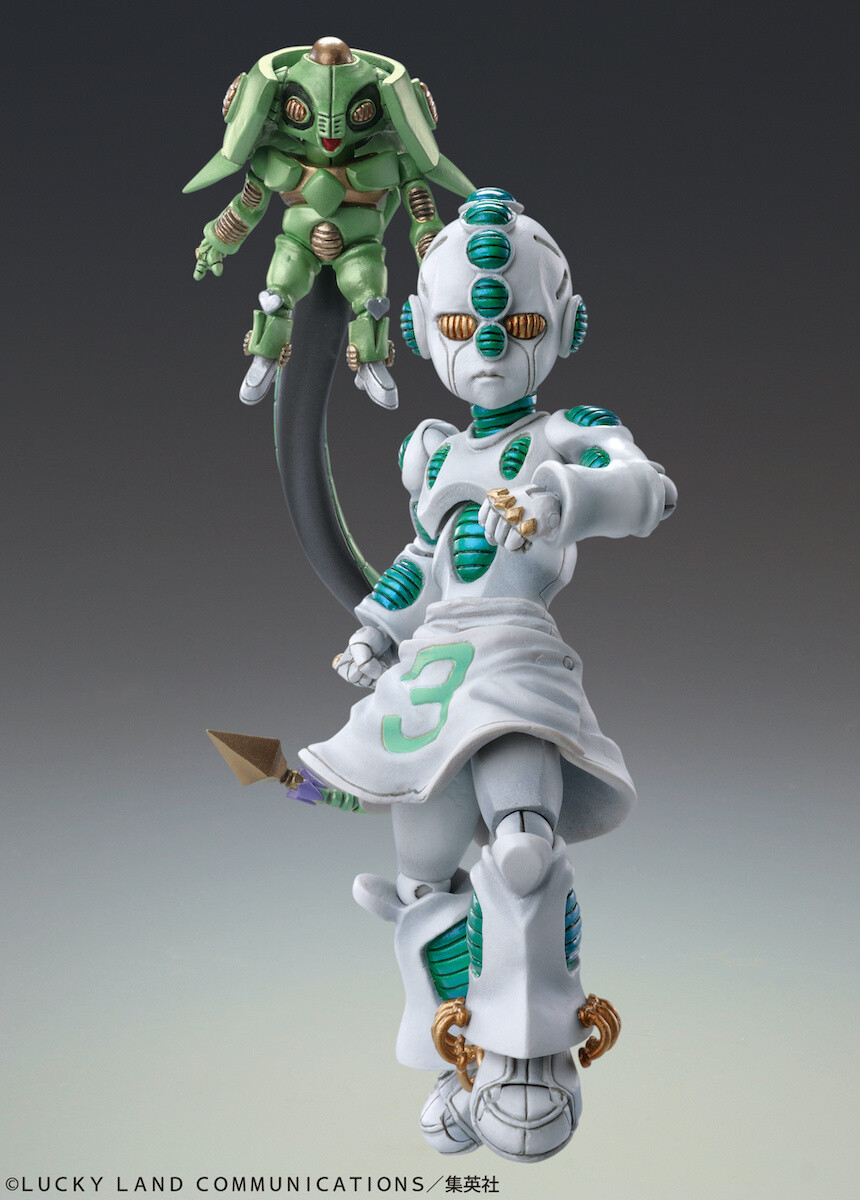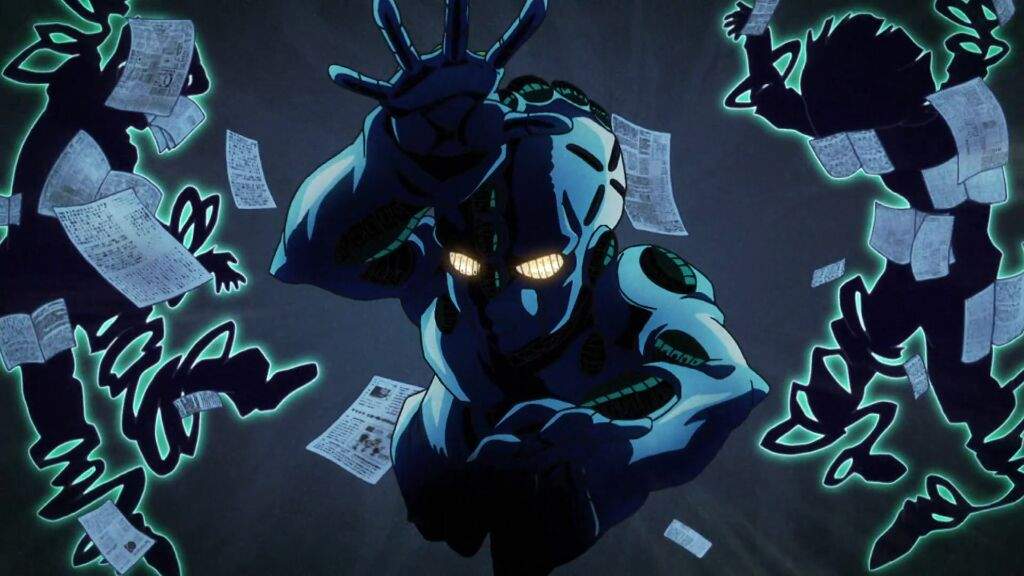

It’s how individual Yugoslavians, but not teams, could compete as independent athletes at the 1992 Barcelona Olympics during the civil war in the Balkans.

The IOC’s suggested option of Russian and Belarusian athletes competing in Paris as neutral athletes without their flag, anthem or national team name has precedent. “It would be very political and very ad hoc, and with different types of approaches to the issue,” Duval told The Associated Press in a telephone interview. A flurry of appeals went to the Court of Arbitration for Sport.Ī similar scenario of legal uncertainty could play out before Russians and Belarusians compete in Paris, sports law academic Antoine Duval cautioned on Friday. The IOC was urged by the World Anti-Doping Agency to issue a blanket ban on Russia less than a month before the 2016 Rio de Janeiro Olympics.Ī hectic lead-in to those Olympics saw WADA-appointed investigator Richard McLaren detail the Russian state-backed doping scheme at the 2014 Sochi Winter Games.Īfter the IOC pledged to explore legal options, it instead asked governing bodies of individual Olympic sports to decide within days how, and which, Russian athletes could be eligible for Rio. The Charter says “every individual must have the possibility of practicing sport, without discrimination.” North Korea claimed it was protecting athletes from the COVID-19 pandemic.īach said in September 2021 when issuing the ban that taking part in the Olympics can “show to the world how it could look like if everybody would respect the same rules, if everybody would live together peacefully without any kind of discrimination.”Īfghanistan could be banned from Paris next year for denying women and girls the right to play sport. North Korea was excluded from the Beijing Winter Games held one year ago as punishment for not sending a team to the Tokyo Summer Games in July 2021. Security Council member and can veto proposed resolutions. The IOC’s counter point is that South Africa was under U.N. Most famously, South Africa was banned by the IOC from competing at any Olympics from 1964-88 because of its apartheid system of racial discrimination laws.Ĭritics of the IOC’s current stance on Russia point to the South African case. Pushback has been fierce in the 10 days since the IOC set out its preferred path for Russian and Belarusian athletes who do not actively support the war to try to qualify for Paris as neutrals.īy citing human rights arguments - that no athlete should face discrimination just for the passport they hold - the IOC has seemed ready to punish the protesting parties rather than the aggressors in the war. The IOC responded in a statement that “it is regretful that politicians are misusing athletes and sport as tools to achieve their political objectives.”

Ukraine fired up its campaign on Friday to have Russia and military ally Belarus excluded from the next Summer Games with talk in Kyiv of a boycott and support from sympathetic governments in the Baltics and elsewhere in Europe. It's giving the International Olympic Committee a political challenge with echoes of the 1980s. LAUSANNE, Switzerland - A contest that could define the 2024 Paris Olympics is playing out 18 months before medals are awarded.


 0 kommentar(er)
0 kommentar(er)
